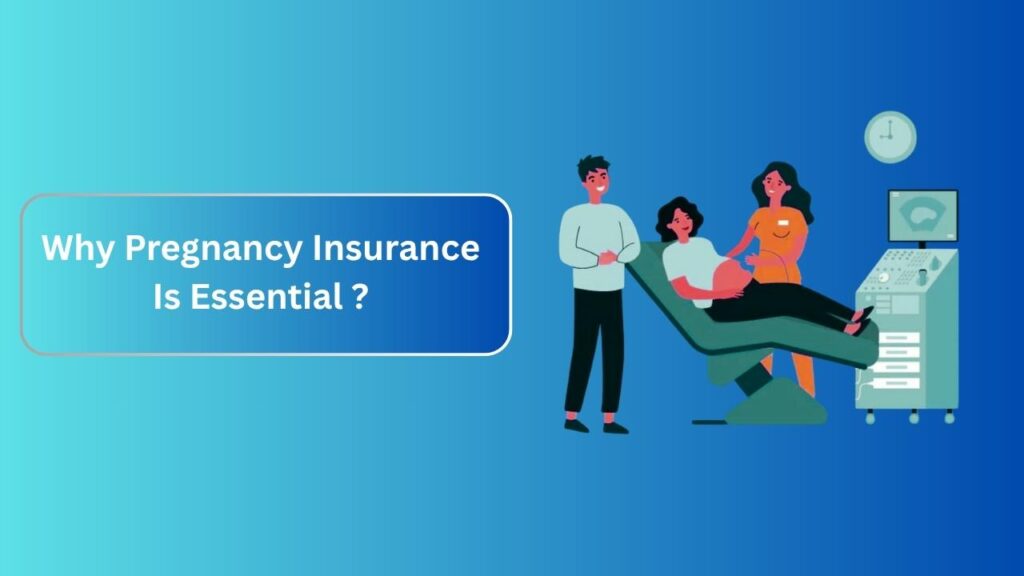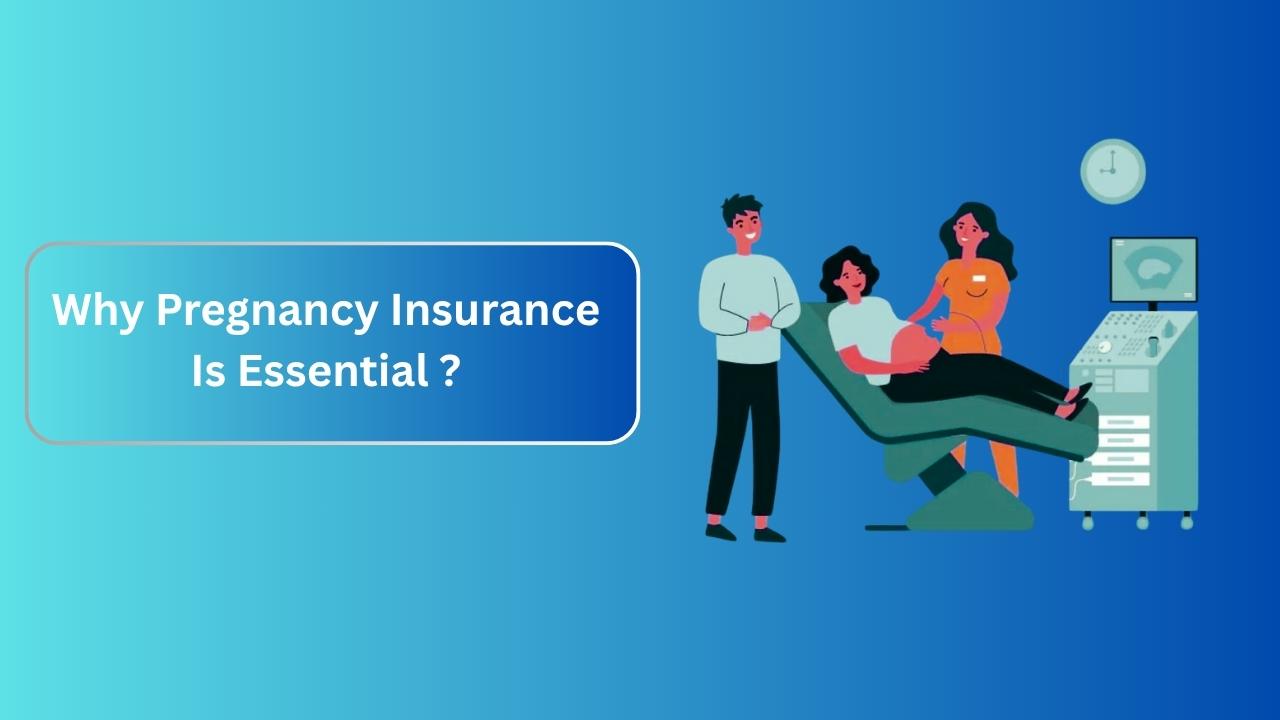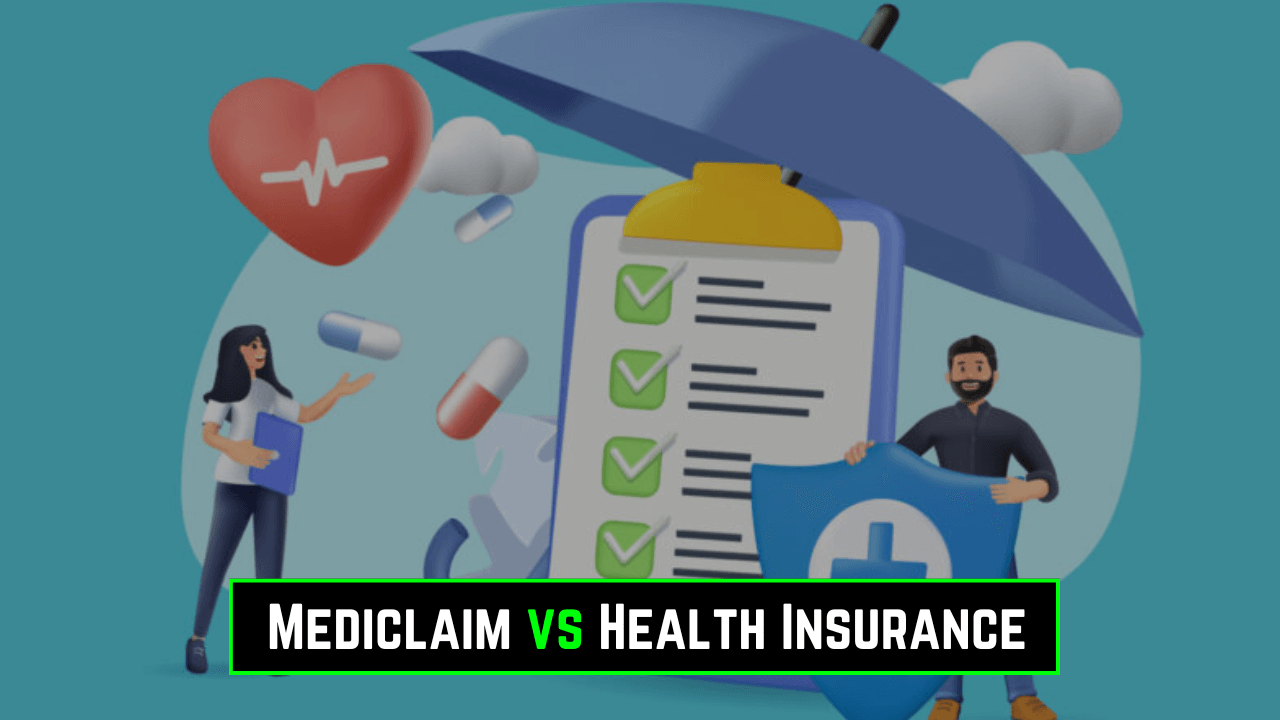Hello everyone! Planning a baby is one of the best moments in life. From choosing the name of the baby to installing the nursery, there’s so much happiness attached to it. But come on—conceiving a child also involves huge responsibilities, particularly when it comes to money. Medical expenses for pregnancy and child delivery can mount quickly, and that’s when pregnancy insurance, or maternity insurance, comes into the picture. In this article, we’ll spell it out why it’s an essential if you’re considering having a baby. We’ll keep it brief, to the point, and to what’s most important to you.

Whether you’re just beginning to plan or already pregnant, knowing about pregnancy insurance can save you money and stress. Let’s get started!
What Is Pregnancy Insurance?
First things first: Pregnancy insurance is health coverage that pays for expenses associated with having a baby. It’s usually part of your regular health plan, but sometimes it can be purchased as an add-on rider or separate policy. According to mandates such as the Affordable Care Act in the US, most policies are now required to cover maternity care as an essential benefit.
This insurance typically includes:
- Prenatal check-ups and tests
- Labor and delivery (whether vaginal or C-section)
- Postnatal care for mom and baby
- Hospital stays and any complications
It’s not just about the birth—it’s about protecting your family’s wallet throughout the journey.
The Rising Costs of Pregnancy: Why You Need Protection
Pregnancy doesn’t come cheap. In 2025, the cost of pregnancy, childbirth, and postpartum care in the US averages $18,865, with out-of-pocket costs frequently reaching $2,000 to $3,000 even with insurance coverage. For a vaginal delivery, you could expect to spend around $14,768 overall, but a C-section can range up to $26,280. The figures do differ depending on the state, but they’re rising as a result of inflation and changes in healthcare.
Without coverage, surprise complications such as preterm labor or surprise C-sections might result in enormous bills. Try to deal with that in addition to sleepless newborn nights! Pregnancy insurance doesn’t let you bear most of these expenses, so you can concentrate on your growing family.
And with economic uncertainty in 2025, having coverage is reassuring. It’s not only about finances—it’s about knowing you receive good care without sacrificing doctor visits or tests.
Key Benefits of Pregnancy Insurance
Why go through it? Here are some major reasons why it matters:
- Financial Security: It covers high-ticket items such as hospital deliveries and ultrasounds, minimizing out-of-pocket expenses. Most plans feature cashless hospitalization; you do not pay at the place of service.
- Comprehensive Care: From routine prenatal visits to postpartum check-ups, everything is covered. Some even include newborn care for the first few months, such as vaccinations or NICU stays when required.
- Manages Complications: Pregnancies are full of surprises, such as gestational diabetes or hypertension. Insurance allows you to pay for specialist services without a worry.
- Better Access to Services: With insurance, you’re more likely to pick good hospitals and doctors, resulting in a healthy outcome for mom and baby.
- Peace of Mind for Families: With the knowledge that you’re covered, you can actually enjoy the pregnancy. It’s particularly useful for first-time parents or people with high-risk factors.
In short, it’s an investment in your family’s health and future.
When Should You Get Pregnancy Insurance?
The optimal time is before pregnancy, while you’re in the planning stages. Most policies have a waiting period, ranging from 9 months to 2-4 years, depending on the plan and nation. If you wait until you’re pregnant, you may not receive full coverage immediately.
If you are in the US, Marketplace plans cover pregnancy even if it begins prior to enrolling, but open enrollment periods make a difference. Begin shopping ahead of time to prevent gaps.
How to Choose the Right Pregnancy Insurance Plan in 2025
Picking a plan doesn’t have to be overwhelming. Here’s a simple guide:
- Check Coverage Details: Look for plans that include prenatal, delivery, and postnatal care. Ensure it covers both normal and complicated births.
- Consider Your Network: Make sure your preferred doctors and hospitals are in-network to keep costs low.
- Evaluate Costs: Compare premiums, deductibles, and out-of-pocket maxes. Aim for a balance between affordable monthly payments and good coverage.
- Look at Waiting Periods: Choose one with a shorter wait if you’re planning soon.
- Read Reviews and Ratings: Go with reputable providers like Aetna or TRICARE if eligible.
- Add-Ons: Some plans offer extras like infertility treatments or breastfeeding support.
Use comparison tools on sites like Healthcare.gov or talk to an advisor for personalized help.
Common Mistakes to Avoid
- Waiting Too Long: Don’t delay—get covered early to beat waiting periods.
- Ignoring Fine Print: Always check for exclusions, like certain complications.
- Choosing Based on Price Alone: Cheaper isn’t always better if coverage is skimpy.
- Forgetting About the Baby: Ensure the plan includes newborn coverage.
Final Thoughts
Having a baby is a lovely experience, but it’s wise to prepare financially. Having pregnancy insurance is crucial because it will protect you from exorbitant medical expenses, guarantees quality care, and allows you to enjoy the moment without stress. With healthcare changing in 2025, having this coverage is more necessary now than ever before.
If you’re willing to begin having a family, take a look at your options today. It’s an easy step that makes a big difference. Don’t forget, this isn’t specific advice—talk to a healthcare provider or insurance professional for your case.
Have you considered pregnancy insurance yet? Sound off in the comments below!
FAQs: Why Pregnancy Insurance Is Essential While Planning a Baby
Does all health insurance cover pregnancy?
In the US, yes—most plans must under the ACA. But check your policy for details.
How much can I save with pregnancy insurance?
It can cover thousands in bills, leaving you with just deductibles (often $2,000-$3,000 out-of-pocket).
Can I get insurance if I’m already pregnant?
Yes, but coverage might start right away for some plans, though waiting periods could apply for others.










